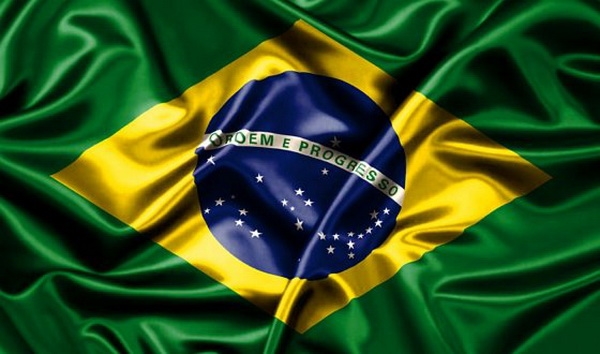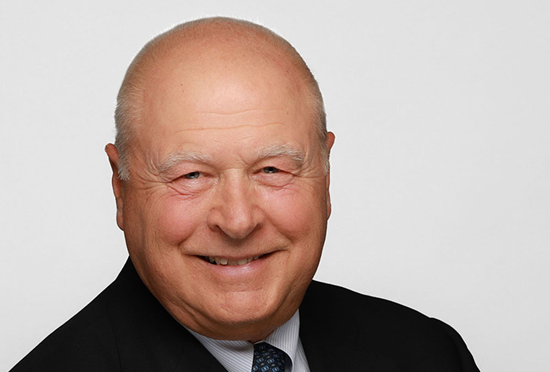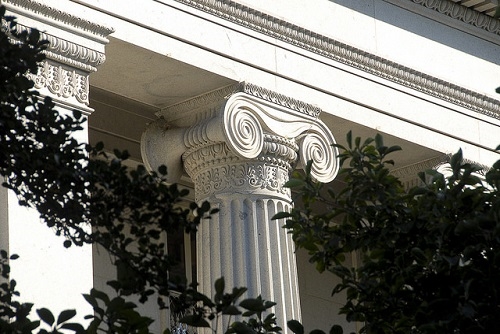Equity gains prop up Brazil sec lending volumes

Surging stock prices boosted the financial volume of securities lending trades in Brazil in 2016, despite fewer stock loan transactions taking place.
São Paulo-based bourse BM&F Bovespa reported BRL 692.74bn ($217bn) worth of stock loan trades last year, up from BRL 665.73bn in 2015. The increase came despite a 9% drop in the amount of trades - 1.38 million compared with 1.51 million.
“The Brazilian equities market has rallied significantly over 2016 which would explain the higher value for securities lending trades even though lesser trades took place,” Sunil Daswani, Northern Trust’s international head of securities lending, told Global Investor/ISF.
The Ibovespa, Brazil’s benchmark stock index, has climbed by 38.9% over the past twelve months, its first year in the black since 2012. Similarly, the real (BRL) Brazil’s currency soared in 2016.
According to Claudio Jacob, BM&F Bovespa's client and business development and international relations managing director, securities on loan (open interest), rather than the registered volume (trading), is a better measure of market size and growth.
An average of $21bn of securities were out on loan throughout August - the highest monthly figure in 2016. February was the weakest month with $11.4bn. December's open interest figure totalled $17.9bn.
Brazil’s securities lending market operates around central clearing model, with BM&F Bovespa the only clearinghouse operating in Brazil. The group is currently awaiting regulatory clearing to merge its operations with those of Cetip, Brazil’s largest fixed income clearing house.
Northern Trust is one of the few agent lenders to operate in Brazil and Daswani says the firm has managed to overcome some of the challenges in the market of dealing with a non-traditional form of lending that this market has adopted.
“Some of the key issues are the credit risk being against a central counterparty (Bovespa) and not the borrower of the securities, collateral being held by the central counterparty and not being able to view the specific collateral you have in return for your loaned securities,” Daswani said.
In addition, he noted a mismatch in the settlement cycle to recall securities versus selling them, various local tax issues and a non-standard calendar system of using a 252 versus 360 days system to calculate fees. “These issues whilst they exist will create a barrier for entry to this market for the large part,” Daswani added.
Addressing some of the market issues, BM&F Bovespa's Jacob said that the mismatch between recalling the securities and selling them will soon be eliminated depending on the time the recall is done (until 09:30 am - SP time). “This change will occur after the second phase of BM&F Bovespa's clearinghouse integration project which is planned to be completed in 2017,” he told Global Investor/ISF.
Jacob added that there are attractive fees available for the lender in the Brazilian Market, on average 140bps in 2016 and that clearing via a CCP brings some advantages. “The lender is fully indemnified by the CCP, in case of borrower's default, during the contract lifecycle. There is also possibility of reduced capital charges according to Basel III regulations as well as centralized collateral and billing management.”
Found this useful?
Take a complimentary trial of the FOW Marketing Intelligence Platform – the comprehensive source of news and analysis across the buy- and sell- side.
Gain access to:
- A single source of in-depth news, insight and analysis across Asset Management, Securities Finance, Custody, Fund Services and Derivatives
- Our interactive database, optimized to enable you to summarise data and build graphs outlining market activity
- Exclusive whitepapers, supplements and industry analysis curated and published by Futures & Options World
- Breaking news, daily and weekly alerts on the markets most relevant to you




